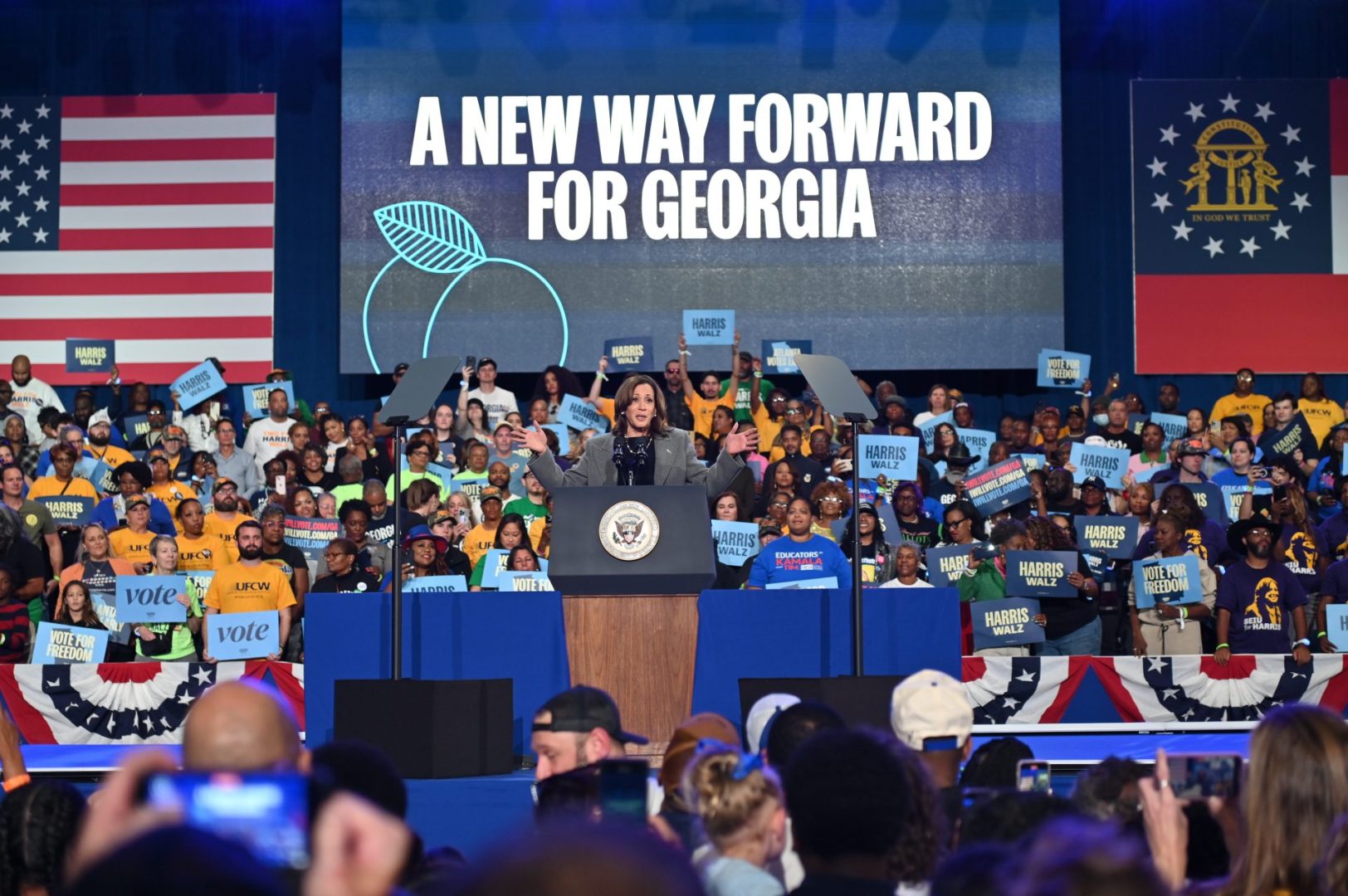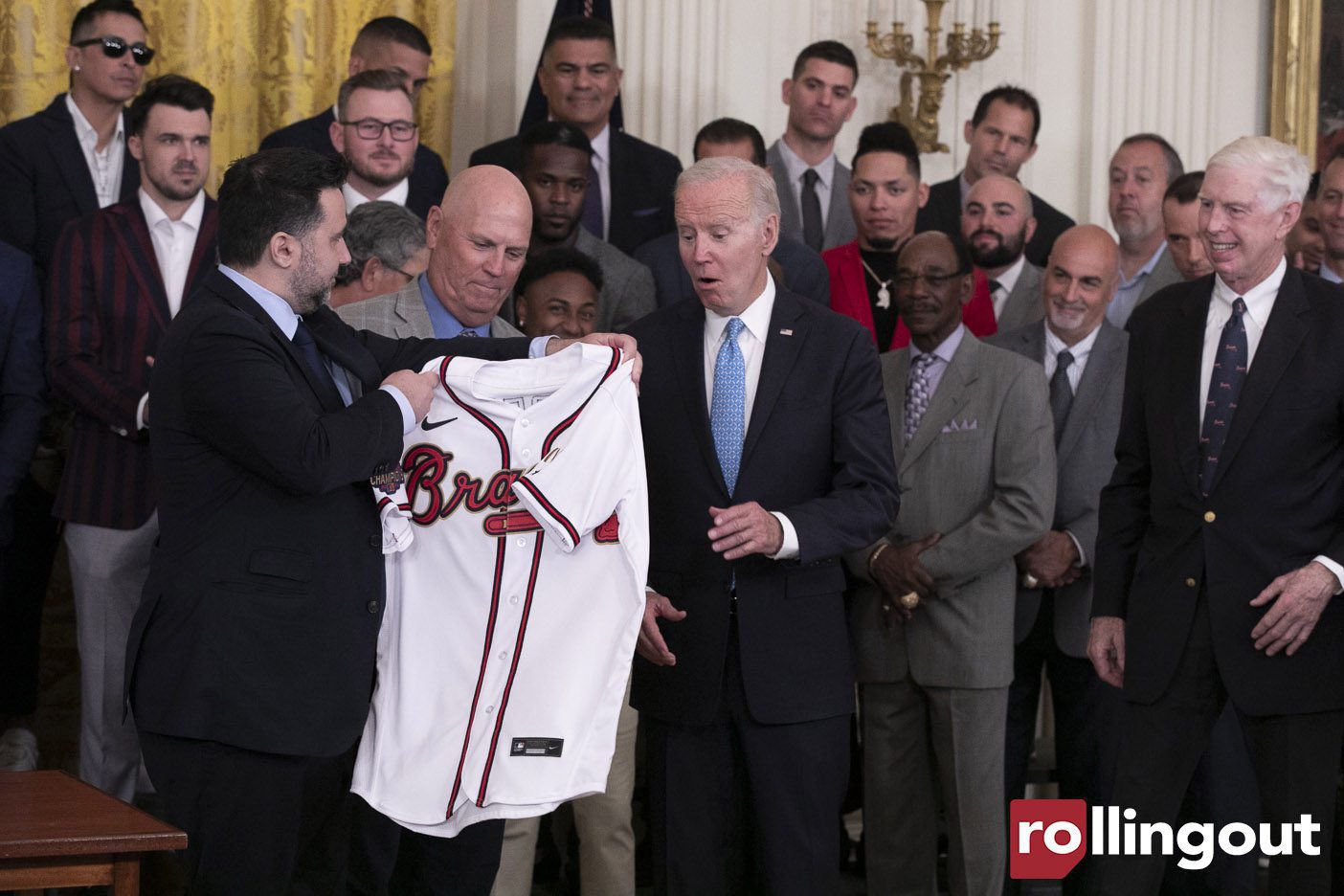Election Day represents the culmination of months of campaigning, where last-minute strategies can determine victory or defeat. For Vice President Kamala Harris, executing a precise Election Day plan could energize supporters and drive crucial voter turnout across diverse communities.
Morning momentum initiatives
The first hours of Election Day set the tone for voter participation. Strategic early outreach can mobilize supporters and create sustained enthusiasm throughout the day.
Key morning tactics include:
- Coordinated wake-up calls and text messages
- Targeted social media alerts about polling locations
- Email reminders with voting requirements
- Local radio and morning show appearances
- Neighborhood canvassing in high-priority areas
- Early voter turnout tracking
- Real-time response to morning challenges
These early efforts help establish voting as a priority for supporters before daily responsibilities take precedence.
Ground operations and volunteer deployment
A visible presence near polling locations reinforces community connection and provides critical voter support. Well-trained volunteers serve as ambassadors for the campaign’s message.
Essential ground operation elements:
- Strategic volunteer placement at high-traffic locations
- Information stations near polling sites
- Multilingual support teams
- Quick-response troubleshooting groups
- Voter protection monitoring
- Resource distribution centers
- Community organizing hubs
Volunteers provide immediate assistance while maintaining campaign visibility throughout Election Day.
Transportation and accessibility
Removing logistical barriers increases participation among traditionally underserved communities. A comprehensive transportation strategy ensures all supporters can reach their polling locations.
Transportation initiatives include:
- Free rideshare services to polling locations
- Community shuttle services in rural areas
- Volunteer carpool coordination
- Accessibility support for disabled voters
- Emergency transportation response teams
- Mobile polling site location services
- Last-mile assistance programs
These services particularly benefit elderly voters, students, and those in areas with limited public transportation options.
Digital engagement and information flow
Social media platforms provide real-time updates and maintain supporter enthusiasm throughout Election Day. Strategic digital communication helps combat misinformation and keeps voters informed.
Digital strategy components:
- Live polling location updates
- Wait time reporting at major voting sites
- Voter requirement clarifications
- Success story sharing from voters
- Problem-solving resources
- Virtual assistance options
- Trending hashtag campaigns
This digital presence maintains momentum while providing crucial information to undecided or hesitant voters.
First-time voter support
Dedicated assistance for new voters helps ensure their participation and creates positive voting experiences. Support systems reduce anxiety and confusion about the voting process.
First-time voter initiatives:
- Welcome stations at major polling locations
- Step-by-step voting guides
- ID requirement verification
- Registration confirmation services
- Voting machine demonstrations
- Question-and-answer stations
- Post-voting celebration areas
These efforts help build long-term voter engagement while securing crucial first-time participation.
Voter protection measures
Robust voter protection systems defend against suppression tactics and ensure fair access to polling locations. Quick response capabilities address problems before they affect turnout.
Protection strategies include:
- Dedicated hotline for voting issues
- Legal support teams on standby
- Polling site monitors
- Documentation of irregularities
- Rapid response coordination
- Voter rights education
- Media accountability reporting
These measures help maintain election integrity while protecting voter access.
Evening turnout push
The final hours of Election Day often determine outcomes in close races. Strategic evening outreach captures late voters and maintains enthusiasm until polls close.
Evening strategy elements:
- Targeted reminder campaigns
- Work-to-poll route guidance
- Extended hours information
- Transportation coordination
- Last-chance voter motivation
- Wait time updates
- Closing time alerts
This final push ensures maximum participation during crucial evening hours.
Success on Election Day requires coordinating these strategies while maintaining flexibility to address unexpected challenges. Harris’s team must balance resource allocation across different initiatives while prioritizing areas with the highest potential impact.
Effective implementation depends on clear communication channels between ground operations, digital teams, and campaign leadership. Regular assessment throughout the day allows for strategy adjustments based on turnout patterns and emerging needs.
These coordinated efforts, combined with months of previous campaigning, position Harris to maximize supporter turnout when it matters most. By maintaining focus on accessibility, protection, and motivation, these Election Day strategies can help secure victory through broad participation across all communities.








